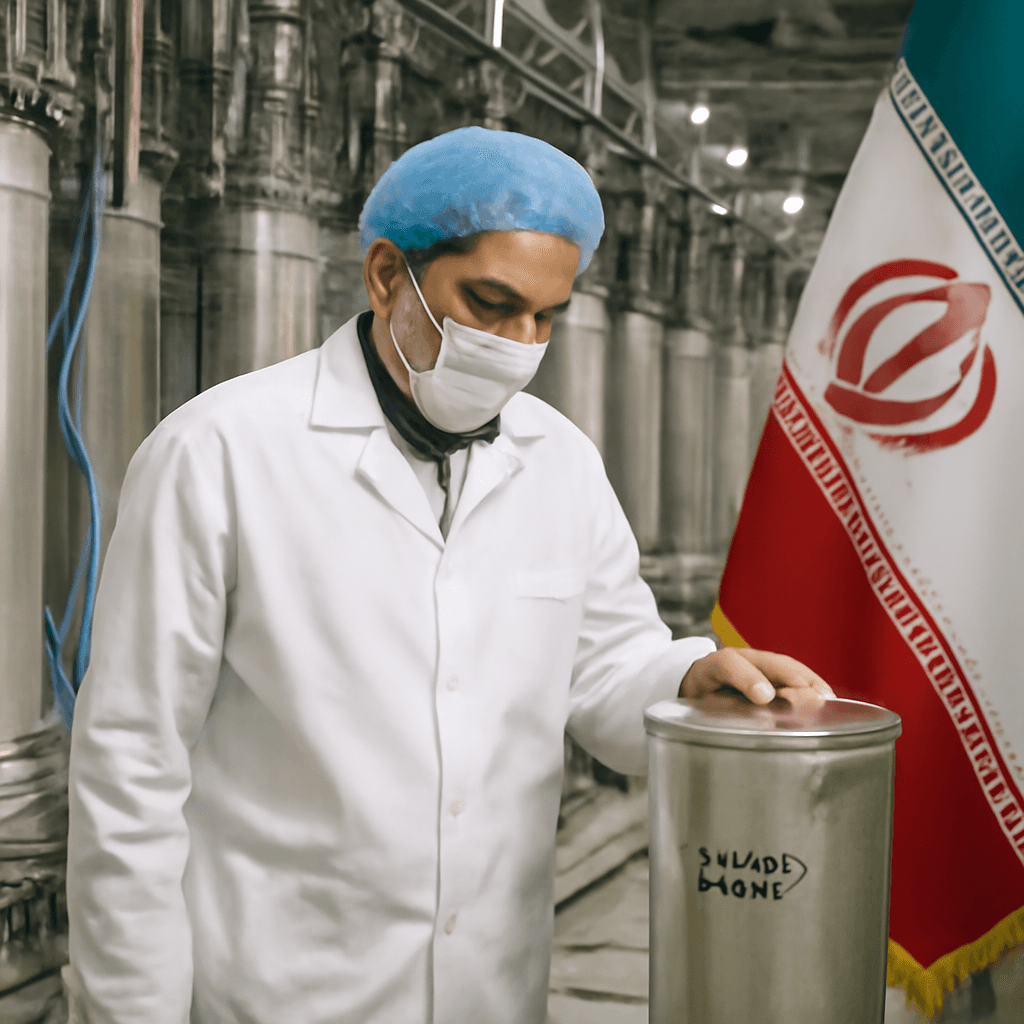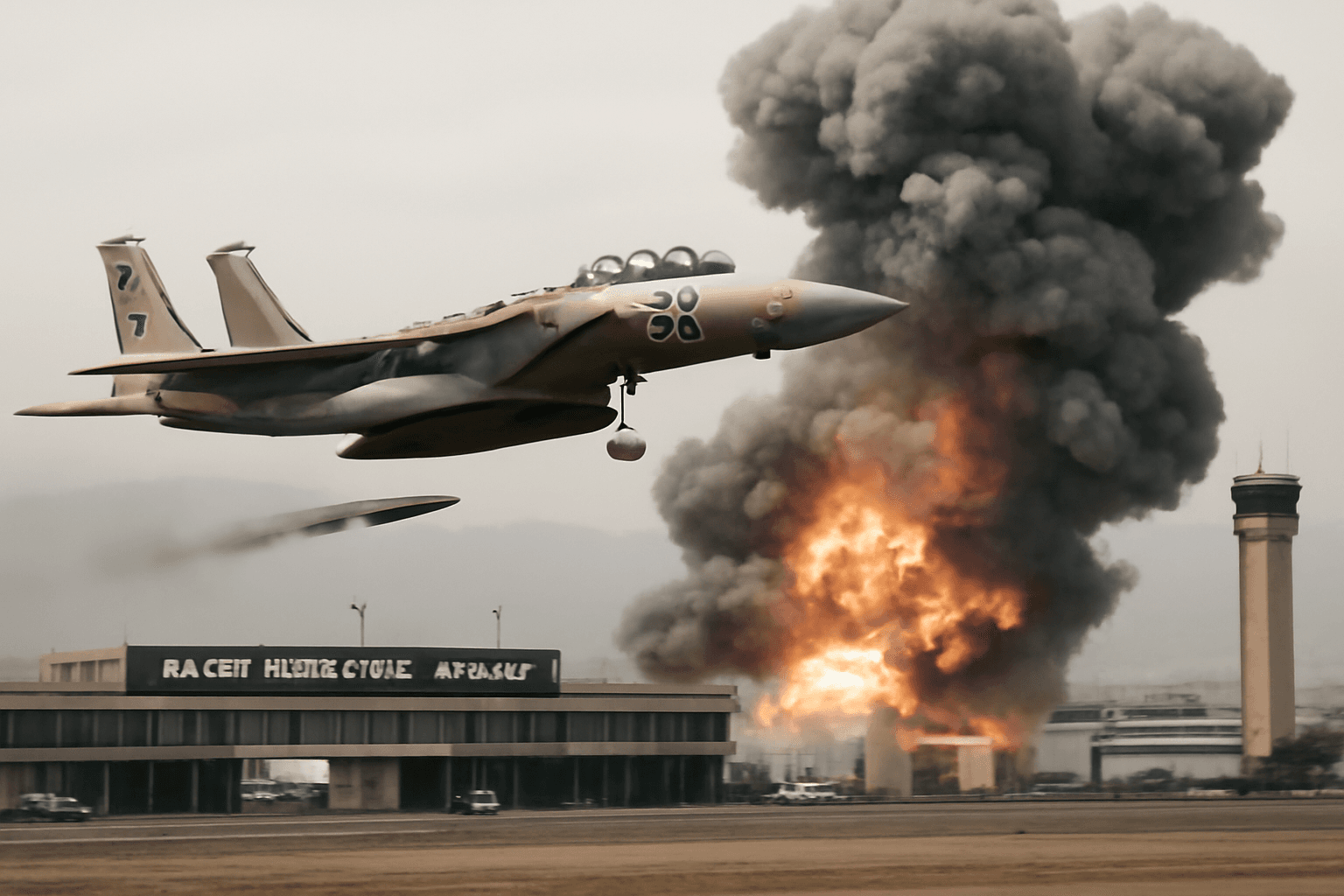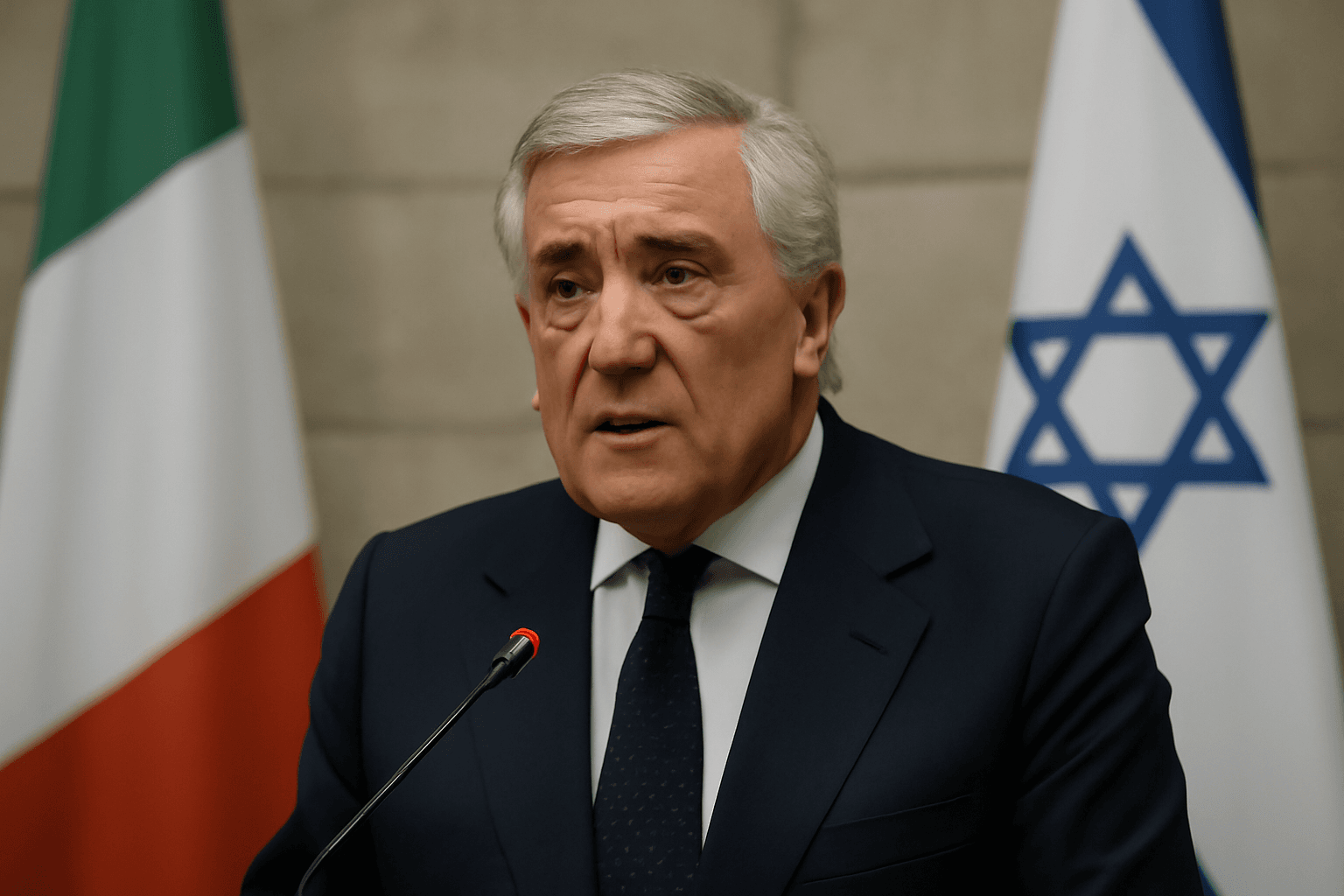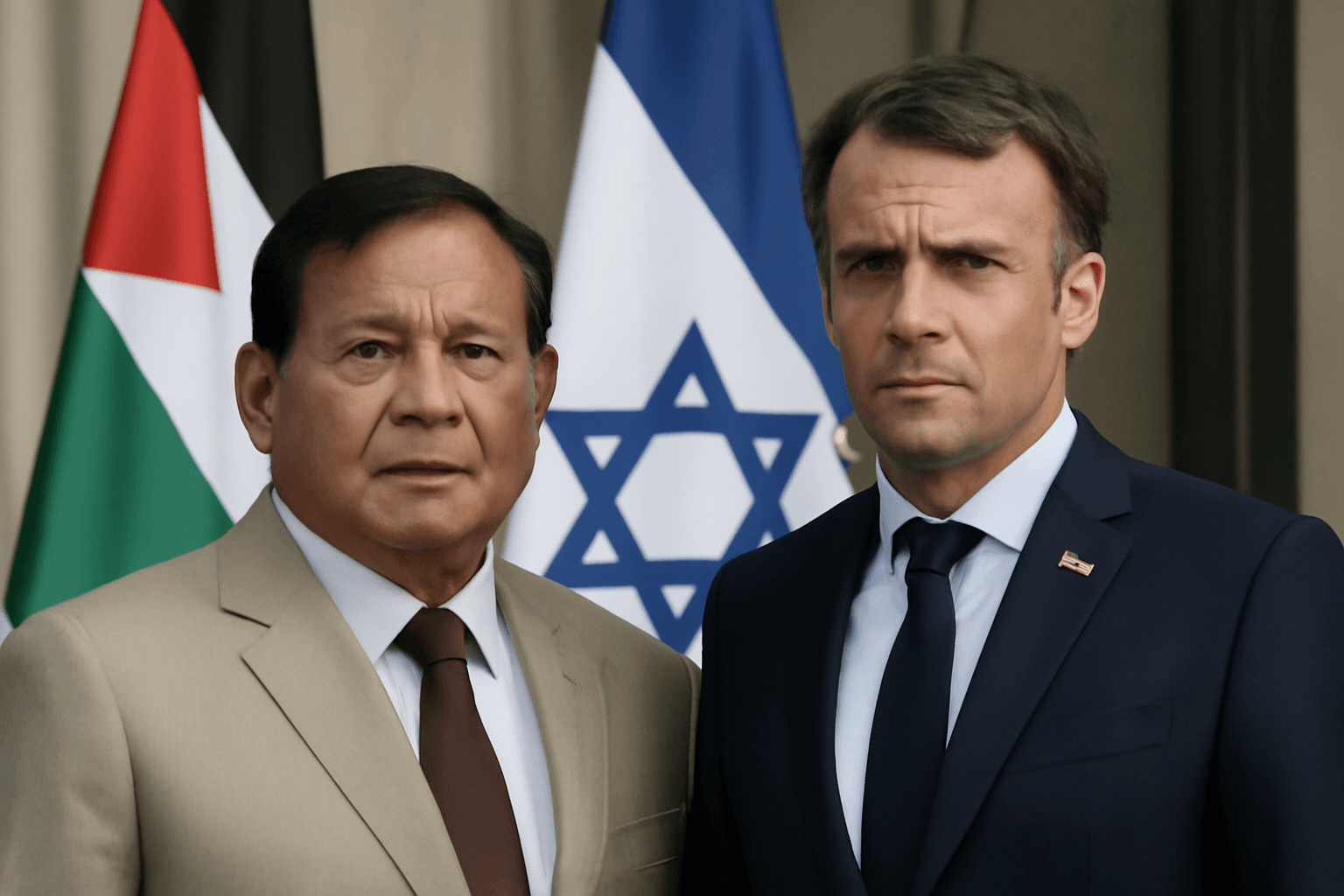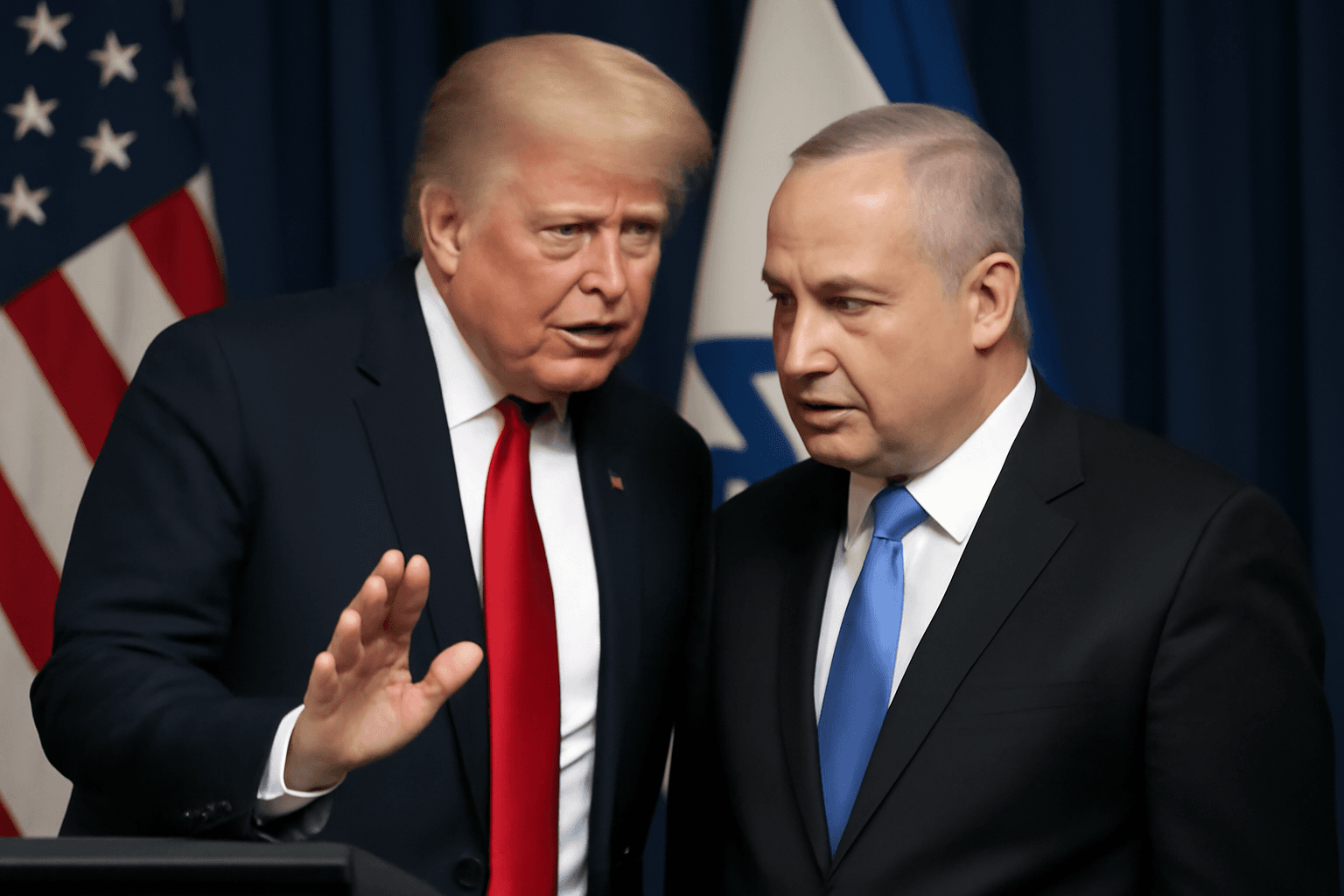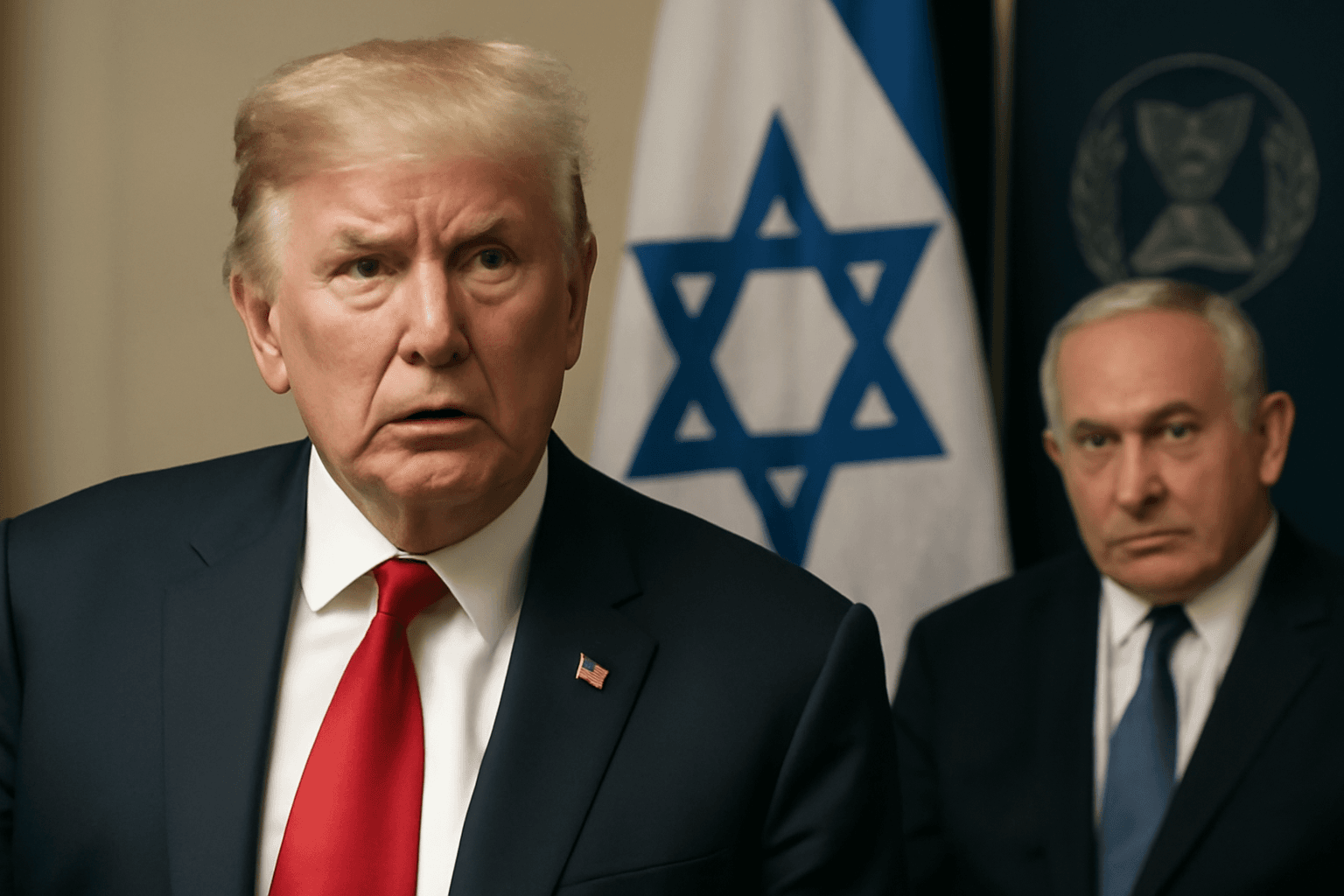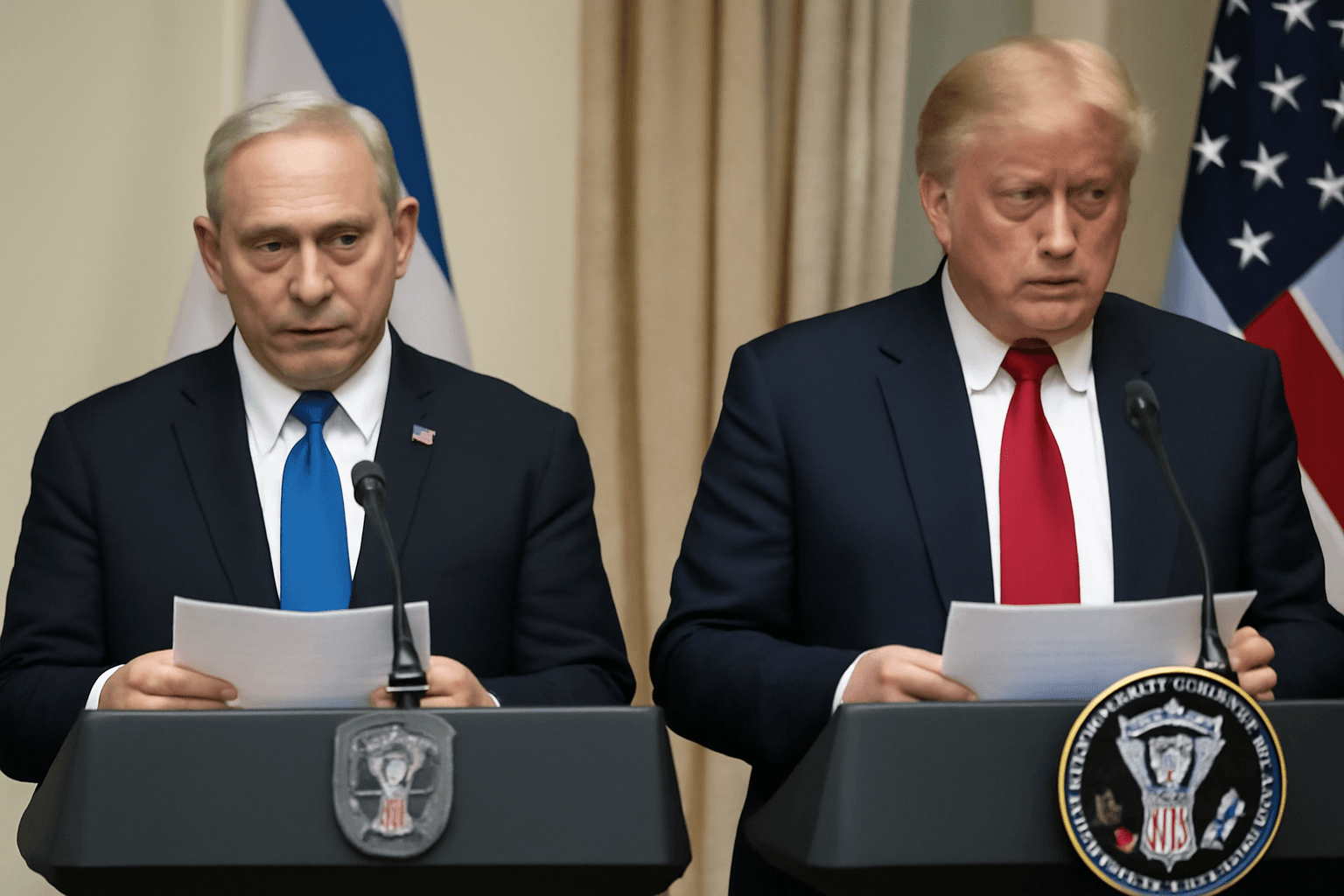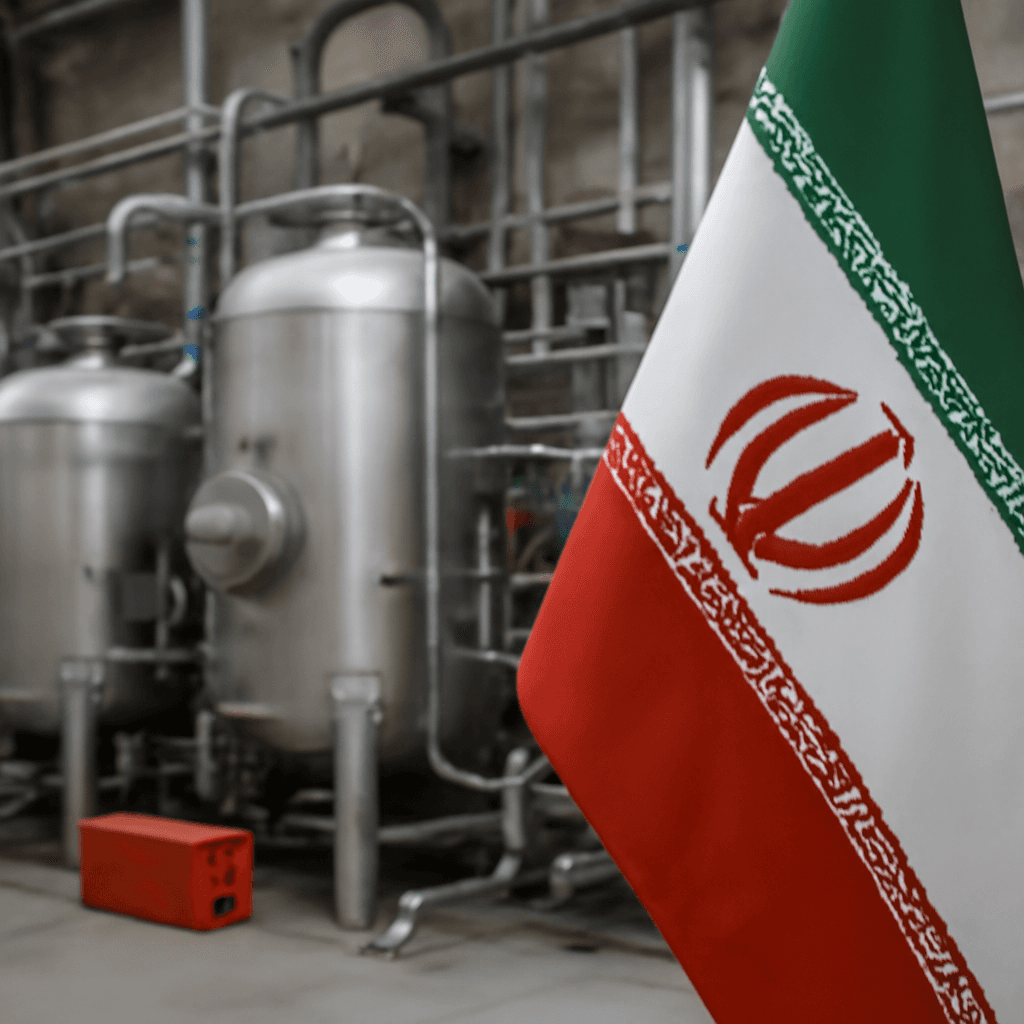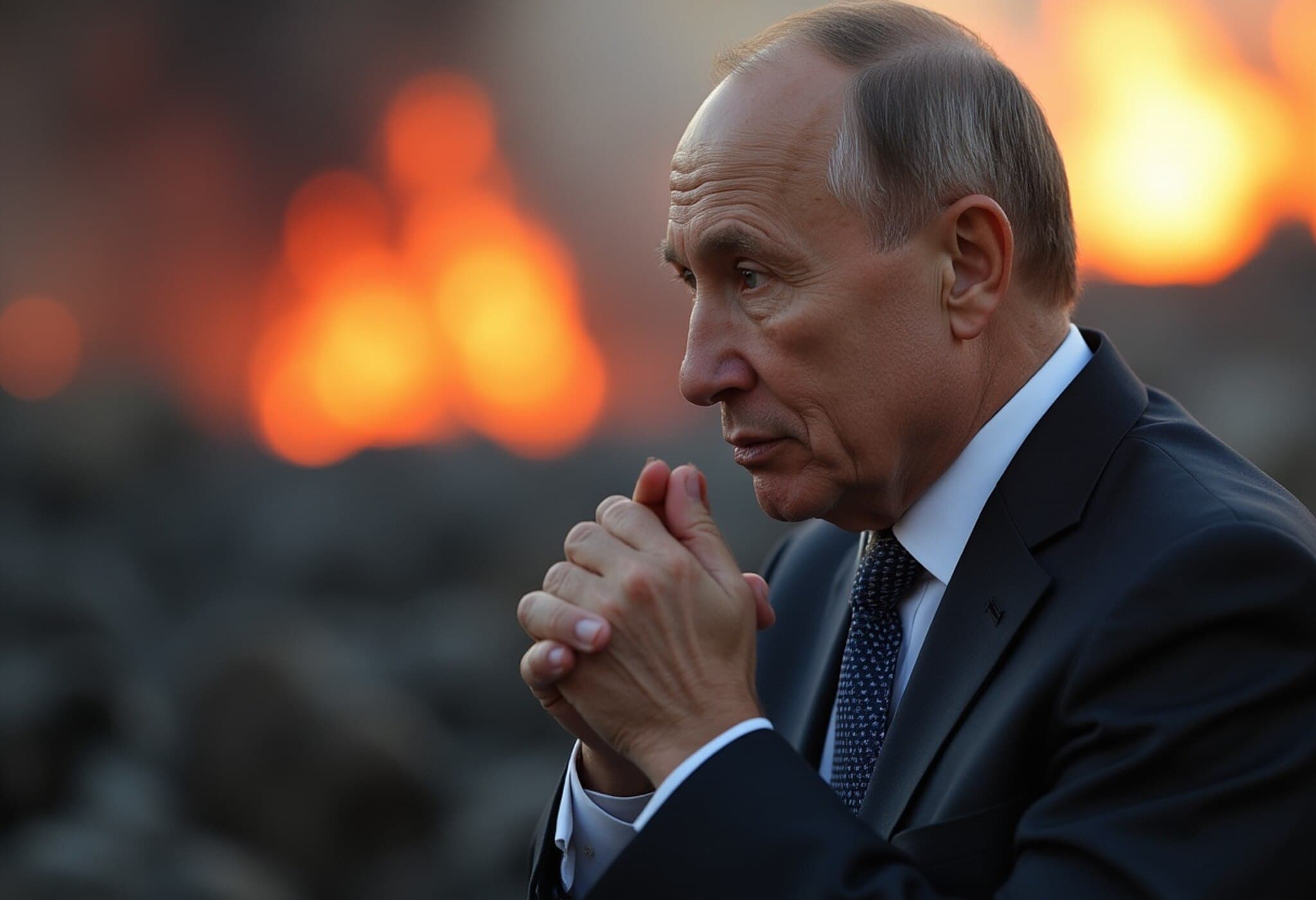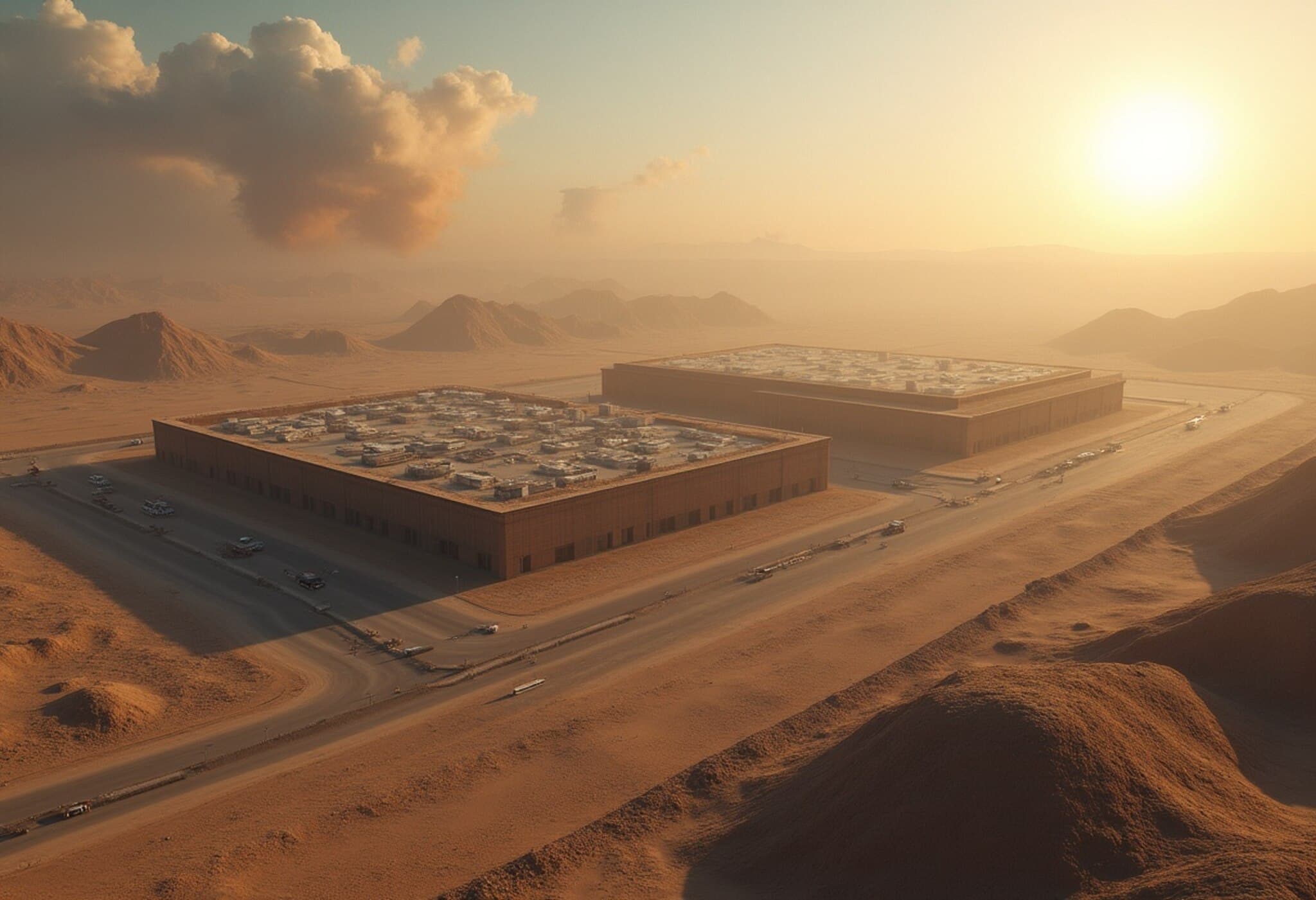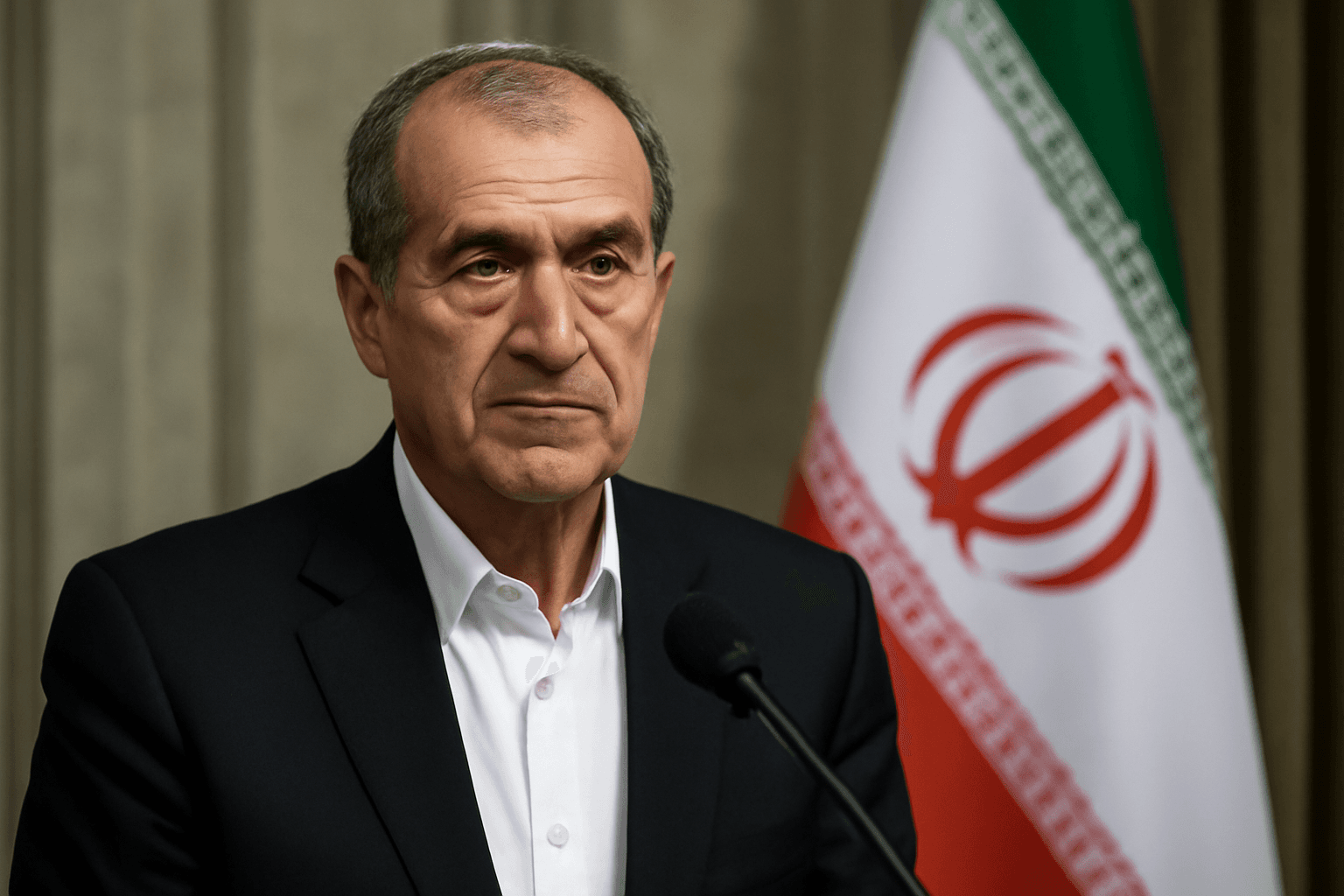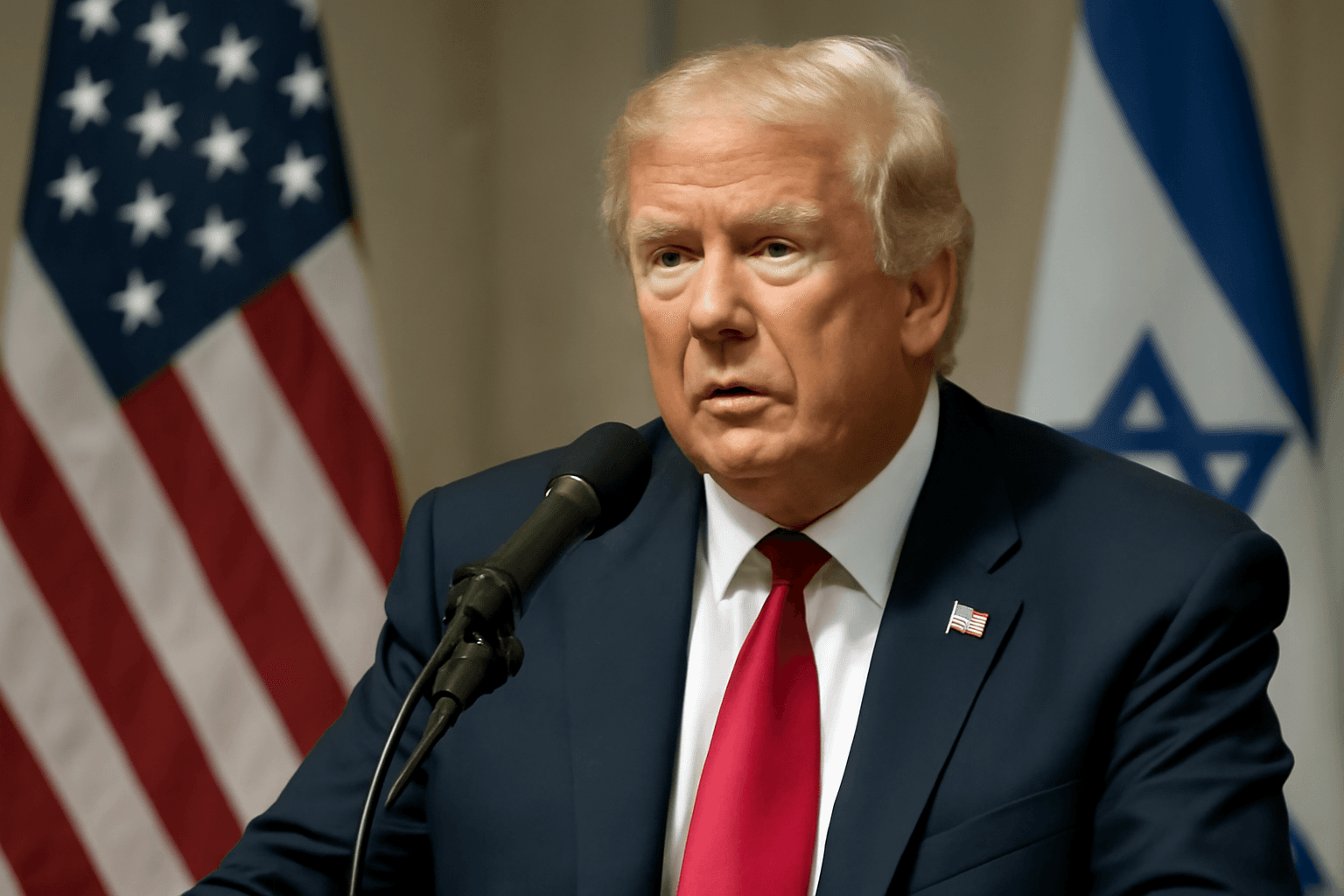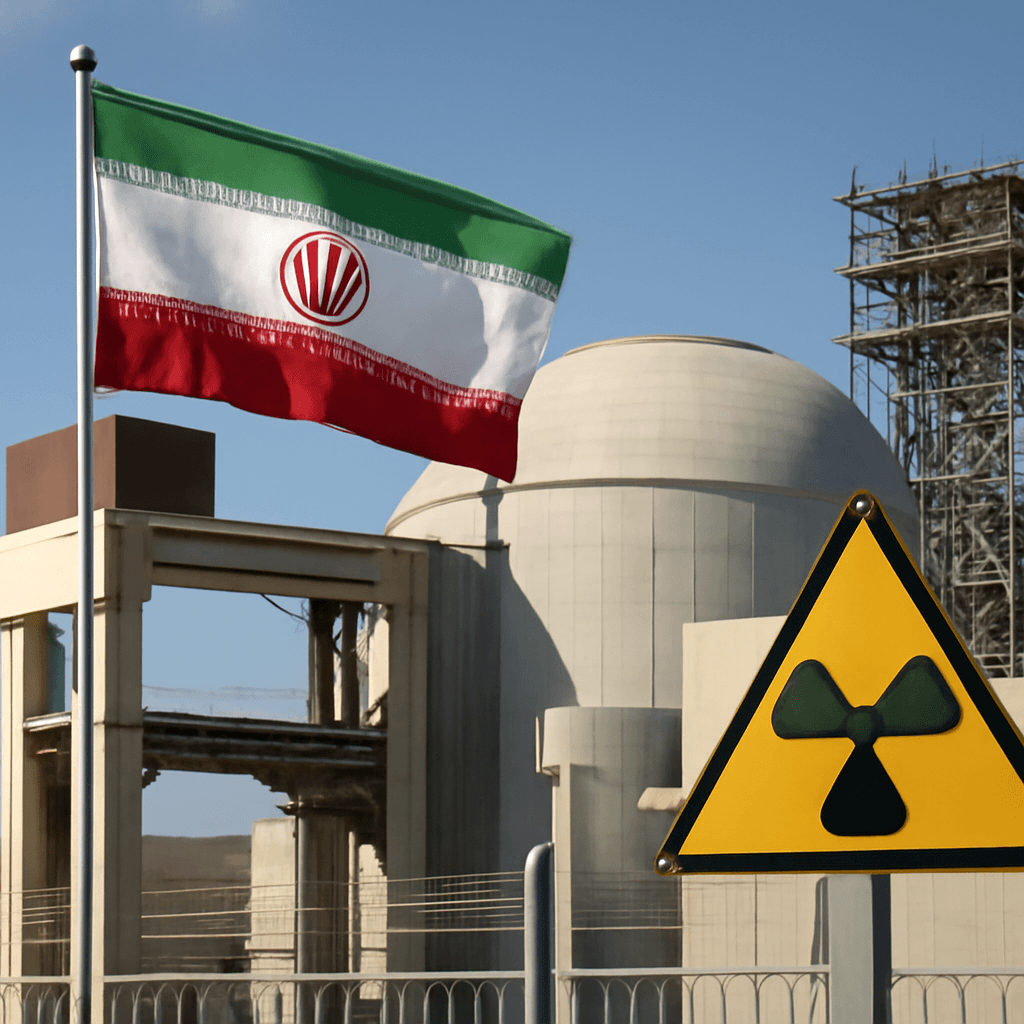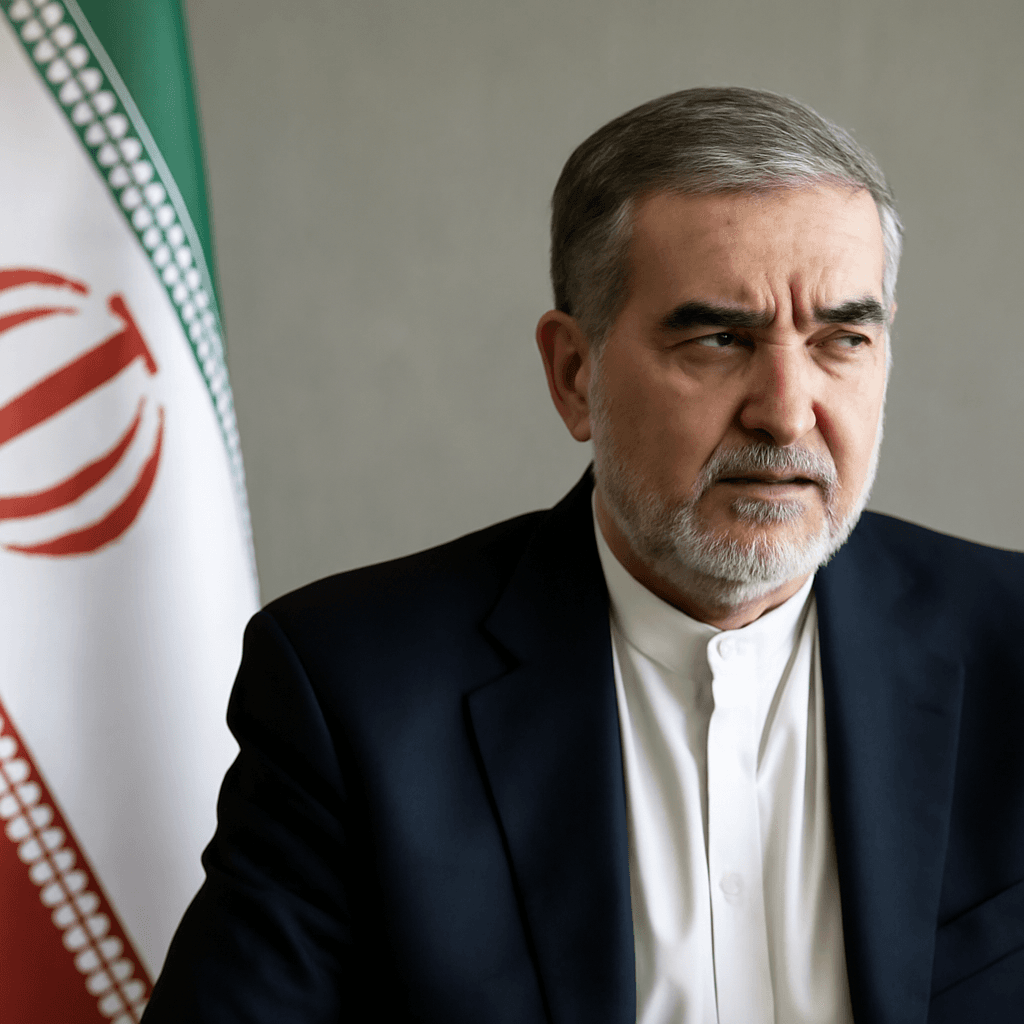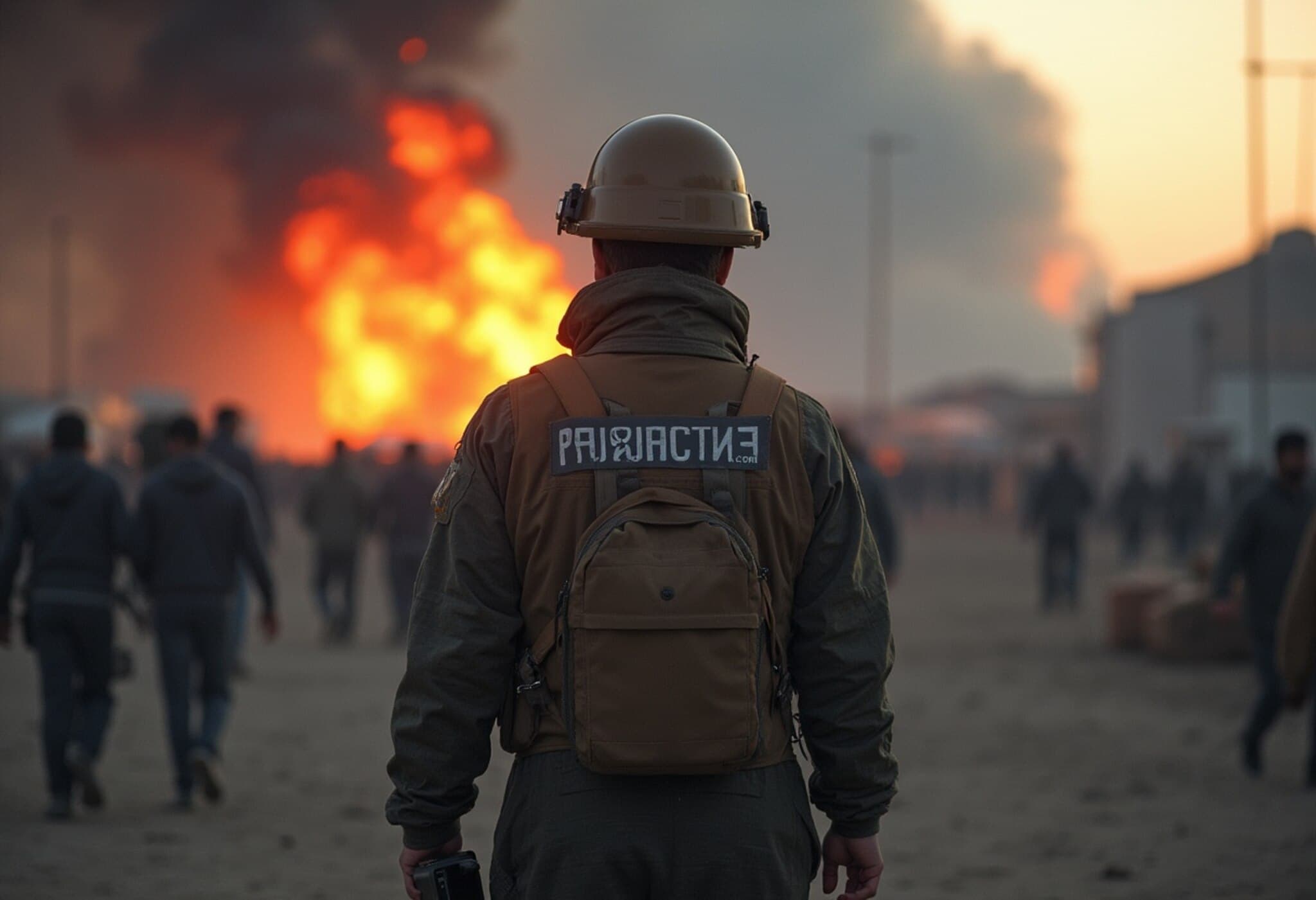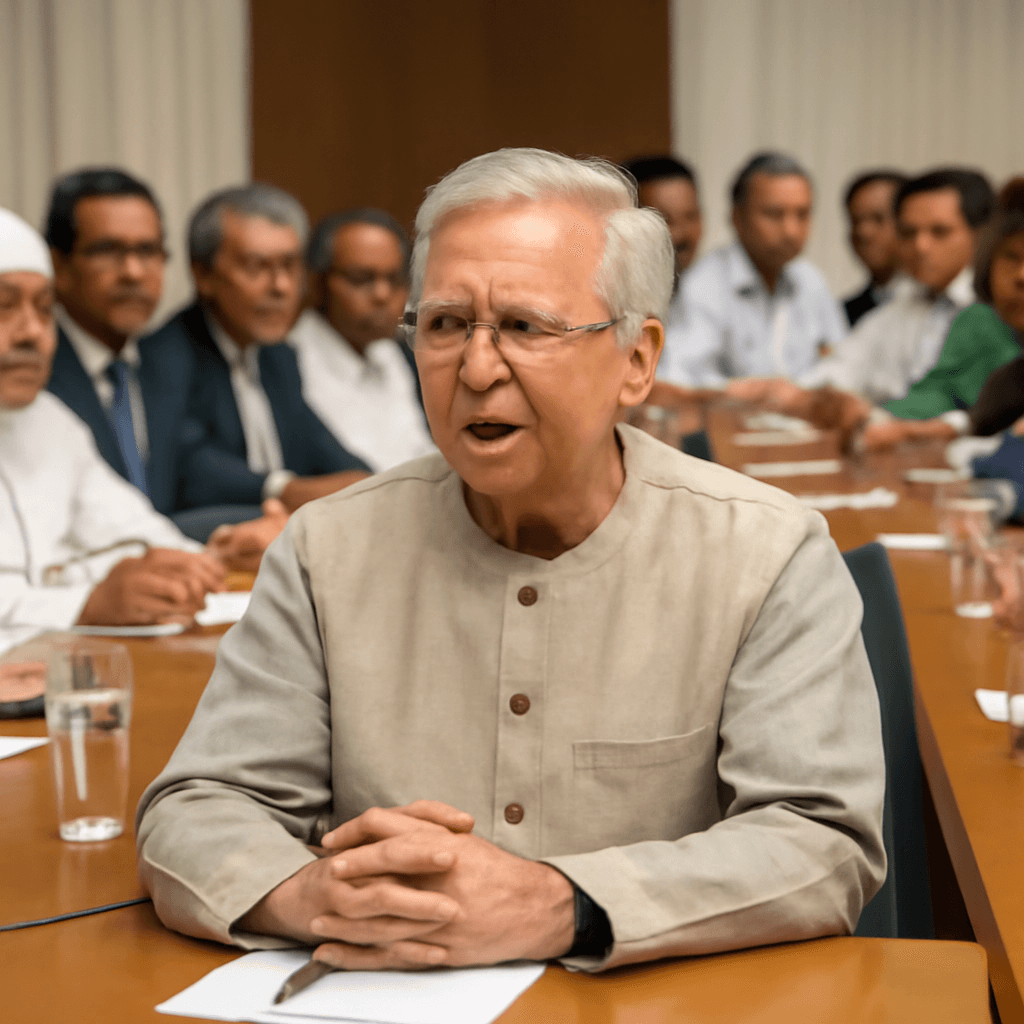Iran's Uranium Stockpile Grows Significantly
The International Atomic Energy Agency (IAEA) has revealed that Iran has accumulated enough highly enriched uranium to potentially produce 10 nuclear weapons. This stockpile increased notably in recent months, with uranium enriched to 60% rising from 274.8 kilograms in early February to 408.6 kilograms by early June—an approximate 50% increase.
Ongoing Enrichment Despite International Talks
Iran has maintained a steady enrichment rate of about one bomb’s worth per month over the past three months, despite ongoing negotiations with the United States aimed at reviving a nuclear agreement. This intensive enrichment continues without slowdown, raising international concerns.
Conversion to Weapons-Grade Material
According to official assessments, Iran could further refine its current uranium stockpile to weapons-grade levels (around 90% enrichment) within less than two weeks if it chooses to do so. While Tehran insists its nuclear program is for peaceful purposes, authorities in Washington believe Iran has not yet decided to develop nuclear weapons but retains the capability to assemble one swiftly if desired.
Unique Status Among Non-Nuclear States
Iran remains the only non-nuclear-weapon state currently producing uranium at enrichment levels as high as 60%. The IAEA has expressed serious concerns about this increased production, noting it is difficult to verify the exclusively peaceful nature of Iran's nuclear activities due to cooperation limitations.
Diplomatic Efforts and Impasse
- Multiple rounds of dialogue have taken place between Iranian and U.S. officials, aiming to reach a framework agreement.
- Key disagreements persist over Iran's right to continue uranium enrichment and the scope of sanctions relief.
- Washington has presented a detailed proposal intended to curb Iran’s nuclear ambitions, which Tehran reportedly considers unacceptable and plans to reject.
IAEA Investigation and International Response
The latest report accuses Iran of withholding cooperation with probes into undeclared nuclear material dating back to 2019. Evidence suggests possible secret nuclear activities until the early 2000s, with unknown nuclear material retained at Tehran sites as recently as 2018.
This situation risks triggering the reimposition of sanctions under the 2015 nuclear deal’s snapback mechanism. European diplomats are preparing to declare Iran noncompliant with the Non-Proliferation Treaty (NPT) and intend to propose resolutions during forthcoming IAEA board meetings.
Iran's Reaction and Potential Consequences
Iran has dismissed the IAEA's findings as biased and unfounded. It has warned of proportional responses, which might include increasing uranium enrichment levels or restricting international inspections.
There are also indications that Iran might withdraw from the NPT and adjust its nuclear policies if sanctions return, though leadership maintains the country does not seek nuclear weapons.
Regional Security Perspectives
Israeli officials have underscored the urgency of international action to prevent Iran from acquiring nuclear weapons, warning of possible military responses should Tehran pursue weaponization.
Despite these threats, recent communications suggest restraint, with advisories against immediate military strikes on Iran’s nuclear infrastructure.
Continued Uncertainty Over Nuclear Intentions
While Iran's overt nuclear weapons program reportedly ended around 2003, intelligence indicates ongoing research that could assist weapon development. The IAEA's inability to obtain satisfactory explanations regarding undeclared nuclear material perpetuates concerns about Iran’s intentions.

